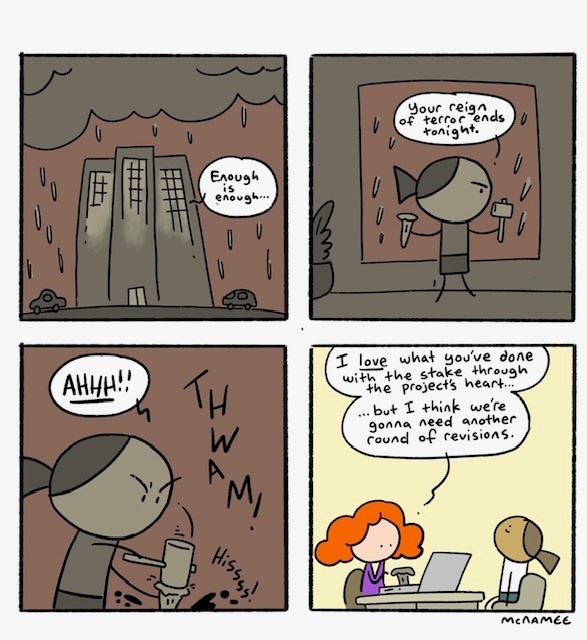The average hiring process takes three to six weeks, but some last for months on end. While you want to be diligent in your applicant evaluation with tests and interviews, “more” isn’t always better. Some 60% of job seekers drop out halfway through application processes that are too long or complex. Roughly one-third have ghosted an employer altogether.
On the plus side, a prolonged application process can filter out candidates who lack genuine interest or commitment. Those unwilling to invest the time and effort — or who are simply mass-applying for any job they find — may self-select out of the process, leaving only candidates genuinely interested in the company and position.
The extended process also allows recruiters to assess not just skills but also a candidate’s perseverance, a valuable trait in many professional settings. This can result in a more focused and dedicated talent pool.
By taking too long, however, you might be draining that pool.
Since talented individuals are in high demand, it can be a race to hire them first when they become available. Highly skilled workers in competitive industries get snatched up within just 10 days on the job market. If your application process lasts for months, they won’t complete it.
Your application process can also be seen as a direct reflection of your company’s culture. Endless rounds (and waits to hear back between them) can deter highly qualified candidates who may perceive it as a signal of disorganization, inefficiency, and indecision. This can also lead top-tier candidates to pursue other opportunities … with your speedier competitors.




.png)



